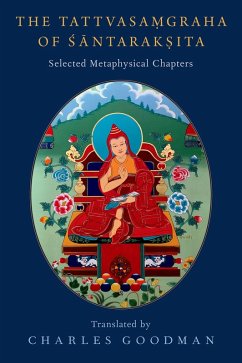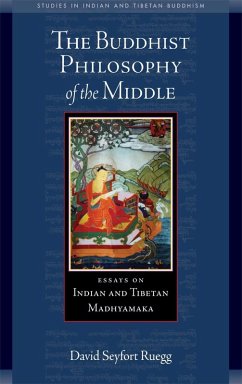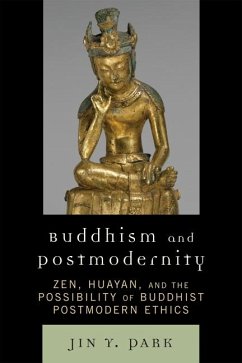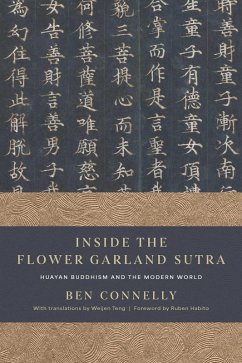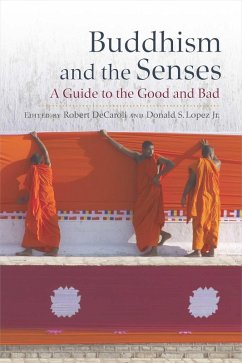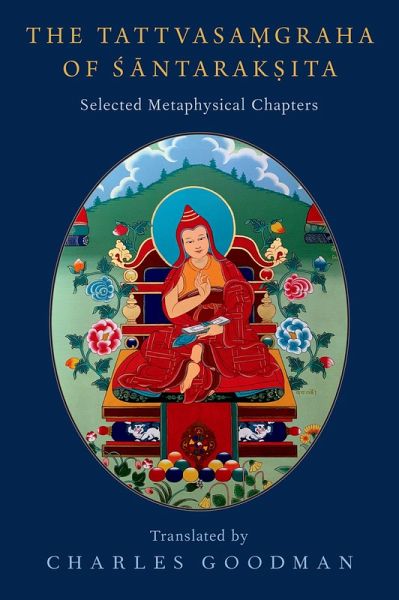
The Tattvasa¿graha of Santarak¿ita (eBook, ePUB)
Selected Metaphysical Chapters
Versandkostenfrei!
Sofort per Download lieferbar
39,95 €
inkl. MwSt.
Weitere Ausgaben:

PAYBACK Punkte
20 °P sammeln!
The Tattvasamgraha, or Encyclopedia of Metaphysics, is the most influential and frequently studied philosophical text from the late period of Indian Buddhism. Its authors-Santaraksita and his commentator and student, Kamalasila-both played key roles in founding the Tibetan Buddhist tradition. In the Tattvasamgraha, they explain, discuss, and critique a range of views from across the South Asian philosophical and religious spectrum, including ideas drawn from Buddhism, Jainism, and traditions now incorporated into Hinduism. The Tattvasamgraha also includes the earliest discussion of Advaita Ved...
The Tattvasamgraha, or Encyclopedia of Metaphysics, is the most influential and frequently studied philosophical text from the late period of Indian Buddhism. Its authors-Santaraksita and his commentator and student, Kamalasila-both played key roles in founding the Tibetan Buddhist tradition. In the Tattvasamgraha, they explain, discuss, and critique a range of views from across the South Asian philosophical and religious spectrum, including ideas drawn from Buddhism, Jainism, and traditions now incorporated into Hinduism. The Tattvasamgraha also includes the earliest discussion of Advaita Vedanta in any Buddhist text. In The Tattvasamgraha of Santaraksita, Charles Goodman translates chapters of the text that deal with fundamental philosophical issues like the existence or nonexistence of God and the soul; the nature of matter and causal relationships; the connection between words and their referents; rules of logic; sources of human knowledge; and the compatibility of beliefs about karma with Buddhism's fundamental claim that there is no self. Goodman's introductory chapters discuss translation choices and explain the arguments and reasoning employed by the Tattvasamgraha's original authors. Together, Goodman's accessible translations and introductory chapters give readers an ideal way to familiarize themselves with the argumentative methods and logical principles of Buddhist epistemology, as well as the intellectual and cultural context of Buddhist philosophy.
Dieser Download kann aus rechtlichen Gründen nur mit Rechnungsadresse in A, B, BG, CY, CZ, D, DK, EW, E, FIN, F, GR, HR, H, IRL, I, LT, L, LR, M, NL, PL, P, R, S, SLO, SK ausgeliefert werden.




